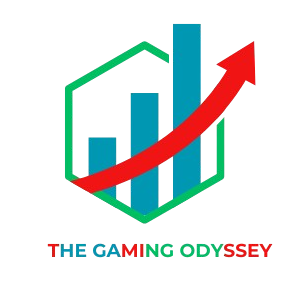In the vast digital landscape toto228 of the 21st century, one phenomenon stands out as a testament to humanity’s insatiable appetite for entertainment and connection: online gaming. What began as simple pixelated adventures has evolved into a multi-billion-dollar industry that transcends borders and brings together people from all walks of life. Let’s embark on a journey through the evolution of online gaming, exploring its humble beginnings, meteoric rise, and the profound impact it has had on society.
The Dawn of a Pixelated Era
The roots of online gaming trace back to the early days of the internet, when dial-up connections and pixelated graphics were the norm. Text-based adventures like “MUDs” (Multi-User Dungeons) paved the way for rudimentary multiplayer experiences, where players could interact with each other in shared virtual worlds. These primitive games laid the groundwork for what would eventually become a global phenomenon.
The Rise of Massive Multiplayer Online Games (MMOs)
The late 1990s and early 2000s saw the emergence of the first true MMOs, such as “Ultima Online” and “EverQuest.” These games offered expansive virtual worlds where thousands of players could interact in real-time, forging alliances, battling enemies, and embarking on epic quests. MMOs revolutionized the gaming industry, introducing a new level of immersion and social interaction that captivated millions around the globe.
The Mainstream Revolution
The mid-2000s marked a turning point for online gaming, as high-speed internet became more accessible and gaming consoles began to integrate online functionality. Titles like “World of Warcraft,” with its unprecedented success and cultural impact, brought online gaming into the mainstream consciousness like never before. Suddenly, gaming wasn’t just a solitary pastime but a vibrant social experience that millions embraced.
The Era of Esports
As online gaming continued to evolve, it gave rise to a new phenomenon: esports. Competitive gaming tournaments, once relegated to small LAN parties, exploded into massive events watched by millions online and in stadiums around the world. Games like “League of Legends,” “Dota 2,” and “Counter-Strike: Global Offensive” became household names, with professional players achieving celebrity status and lucrative sponsorships.
The Social Fabric of Online Communities
Beyond the games themselves, online gaming has fostered vibrant communities where friendships are forged, rivalries are born, and bonds are strengthened. From guilds in MMOs to clans in first-person shooters, these communities provide a sense of belonging and camaraderie for players around the world. Social platforms like Discord and Twitch have further enhanced this sense of community, allowing players to connect, share experiences, and support their favorite content creators.
The Future of Online Gaming
As we look to the future, the possibilities for online gaming seem limitless. Advances in technology, such as virtual reality and cloud gaming, promise to push the boundaries of immersion and accessibility even further. With the advent of blockchain technology, concepts like player-owned economies and decentralized gaming platforms are beginning to take shape, offering new opportunities for innovation and creativity.
